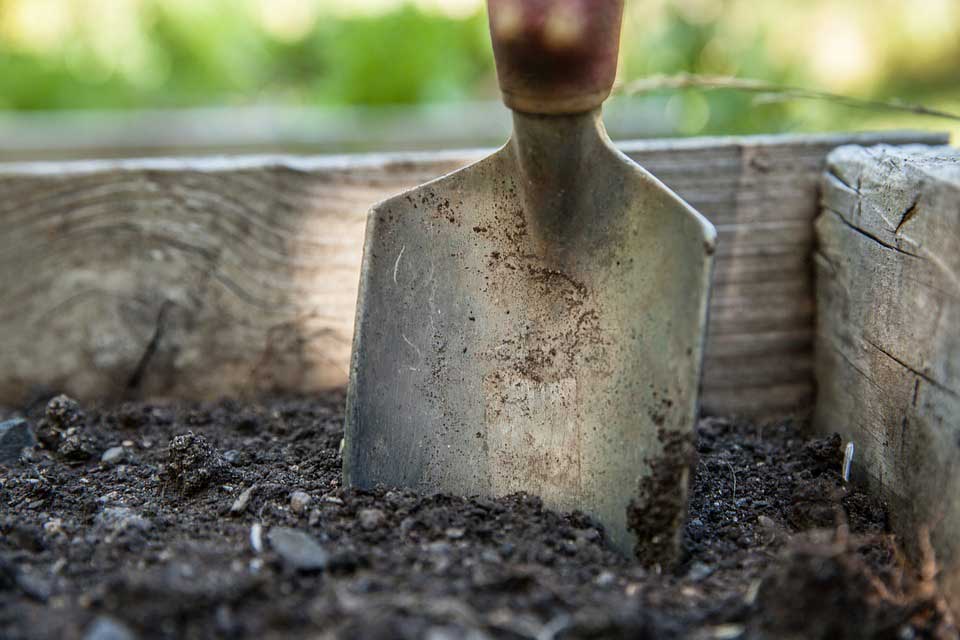What Are the Differences Between Organic Topsoil and Non-Organic Topsoil

‘Organic’ isn’t just a tag we put on topsoil. It counts for a lot when we’re discussing organic and non-organic soil. Selecting the right type of soil for your garden relies on one’s ability to decide between the two.
Organic soil
Organic soil is made from organic matter, plain and simple. In organic soil delivery, you may find decaying plant materials, microorganisms, and worms. This makes the soil rich in nutrients and minerals which can be key to helping your property’s garden glow. Also sometimes referred to as ‘living soil’, it has plant and animal residues decomposing, cells and tissues of organisms, and substances synthesized by the soil organisms included. In a sense, this is like a topsoil super-food!
There are two main types of organic soil – mulch and compost. Mulch is made from decaying bark, leaves, and wood chips. It retains moisture and enriches soil, slowly releasing nutrients into the soil. Mulch is very common to apply as a top soil in a garden, flowerbed, or around trees. There’s also compost, which contains even more decaying organic matter coming in the form of vegetable scraps, leaves, and vegetative waste. When mixed with soil, compost will increase nutrients and drainage.
Non-organic soil
Non-organic soil is soil which has no organic matter or nutrients in it whatsoever. Being free from contaminants, non-organic soil has a neutral pH balance. They are oftentimes chosen by gardeners and landscapers over organic topsoil as non-organic soil is known to be more easily controlled than organic material. Non-organics are used in hydroponics and to help with moisture or drainage.
There are two main types of non-organic soil – perlite and expanded clay aggregate. Perlite is inorganic of course, and is naturally formed when volcanic glass is heated and then altered in manufacturing. It is used in horticulture, most commonly. Perlite has a large surface area with nooks and crannies allowing for moisture retention. It is also non-toxic, sterile, and contaminant-free. Then, there’s expanded clay aggregate which are a collection of round clay pellets that have been baked. They are durable, reusable, and eco-friendly. They are known to absorb nutrients and water, drain quickly into plants, and the air pockets between them are perfect for roots to get oxygen while avoiding rot.
Organic or non-organic
Both soils have a purpose. If you’re looking for bulk soil mixture delivery in Toronto, you’ll want to choose the right one for your needs. For bulk soils and screened soils, receive the finest soil for every application from Core Mini Bins.
This summer, regardless of whether you’re sodding, planting, or grading, top quality soil screened and stockpiled that meets your budget is just a phone call away. The finest topsoil, screened topsoil, sand, 50/50 mix, or triple mix can be delivered right to your property, or alternatively is available on bulk pick-up from our yard.
Soil serves so many different needs. Some customers prefer non-organic soil for its strength, reliability, and ease. Others want organic topsoil that they know will give their gardens and properties the best possible chance at producing flowers, veggies, and green this summer. Do you have a lawn, garden, or something else that needs filling? Contact one of our top soil bulk delivery representative today. We’d be happy to schedule a pick-up or drop-off at your convenience.


